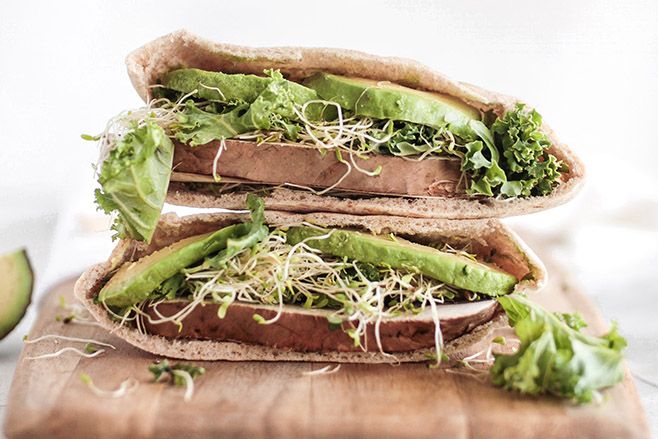From choosing sustainably sourced seafood to freezing food before they go to waste, here are small but significant things you can do to help the environment through food
It is high time that we acknowledge the fragility of our ecosystem and how we need to commit to protecting it. For World Environment Day on June 5, the global theme is ecosystem restoration, which basically involves assisting in recovering our ecosystems that have been slowly degrading or being destroyed. The theme also looks at conserving ecosystems that are fragile and restoring them.
Related: Earth Day 2021: How Local Online Grocer Sasha's Fine Foods is Helping to Save the Planet
While we may not be in a position to literally go out and plant trees or make legal changes in our global climate plans, there are still many things that we can do in our individual day-to-day lives that can greatly benefit the environment.
However, while recycling and using less plastic is great for our world, there is also so much more we can do to restore our ecosystems and biodiversity simply by making small and very subtle changes to the way we eat.
If you are curious as to how you can save the environment through food, keep reading to find out what you can do differently.
Related: Earth Day 2021: 15 Eco-Friendly Beauty Brands to Know
1. Eat more vegetables

The movement towards eating more vegetables and less meat has certainly been gaining momentum over the last few years.
In fact, there is a meatless option for just about everything these days especially as more companies such as Tindle, Beyond Meat and Impossible entered the F&B industry and started to supply restaurants and offer consumers meat-free options.
This is a very significant move for the environment because farming animals for meat products and dairy requires a huge amount of space, water and feed.
In fact, did you know that according to the World Wide Fund For Nature (WWF), the livestock industry alone generates nearly "15 per cent of all man-made greenhouse gas emissions"?
If you want to be part of the movement to change that, you can consider going vegetarian or vegan. However, if that is a massive change that you don't think you can commit to, you can try dedicating one or two days a week to going meatless. You can also be conscious of your food choices and try to aim for meals that are less meat-focused.
There are many ways you can incorporate less meat into your diet without going completely vegetarian or vegan so give some of these ideas a try.
Related: 5 Vegan Tiktok Trends You Need to Try For a More Plant-Based Diet



